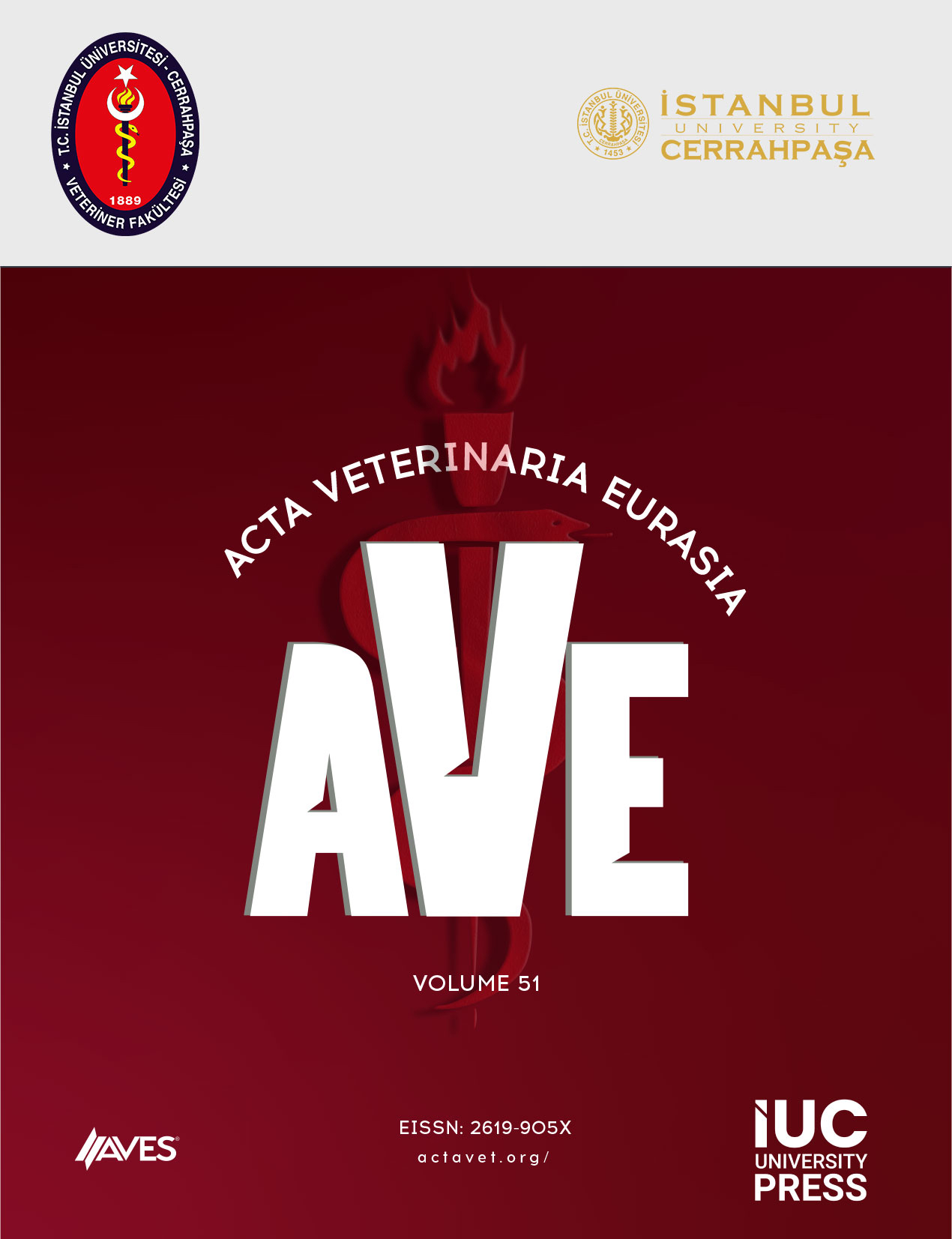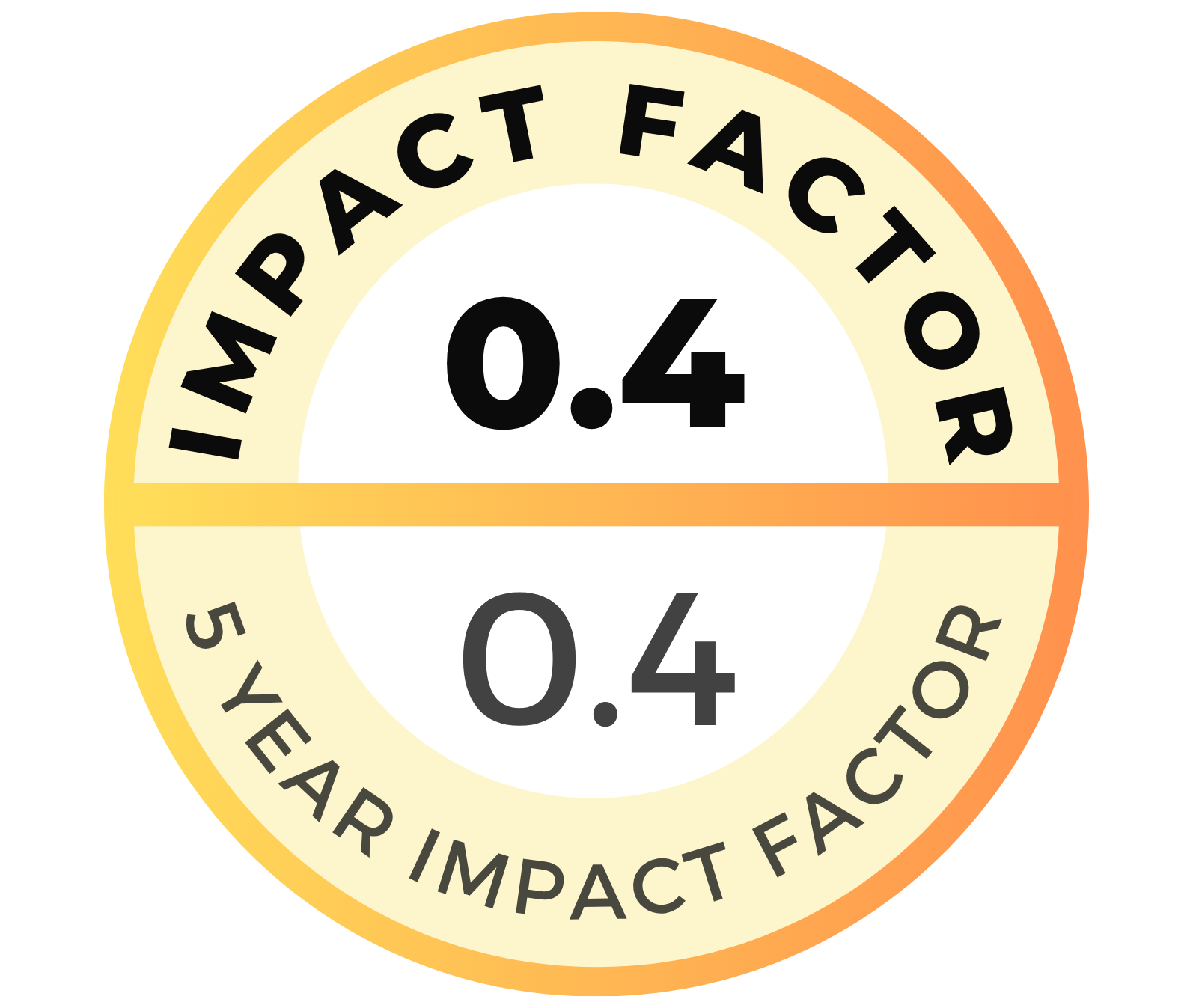Exotic pet animal ownership is on the riseall over the world. Regardless of being companion animals which are importantsubjects in veterinary medicine, they also play a role in the transmission ofdiseases to other animals and human beings. Therefore, veterinarians areexpected to have the knowledge and good practice in exotic pet medicine. Thissurvey was performed among small animal practitioners with the aim ofidentifying their self-evaluation of competency and knowledge about the exoticpet medicine in Istanbul. As a data collection tool, a three-part questionnairedeveloped by the researchers was used in the current study. The first part ofthe survey covered demographic variables of respondents; the second partconsisted of 6 questions, which examine the self-evaluation of small animalpractitioners on competency and knowledge about the exotic pet medicinepractice. The third part consisted of 8 Likert type questions about thehusbandry, transmission, prevention, diagnosis and therapy of the diseases forthe four different exotic pets including fish, turtle, other reptiles and bird.The results showed that approximately 80% of the respondents consider thatexotic pet disease is essential regarding veterinary medicine. Thirty-fivepercent of the veterinarian said that they were not sure about “what is anexotic pet disease” while, 53% of them responded that question, as they did nothave any knowledge about the exotic pet diseases. For the 91.4% of the clinicsinvestigated, the exotic animals as a patient were 1-10% or less than 1% of allthe patients. It has shown that 42.4%, 32%, 16.9%, and 8.7% of the exotic pets’species examined were birds, turtles, the other reptiles, and 8.7% fish,respectively. Ninety percent of the veterinarians consider that they did notget enough education about the exotic pet animal practice during theirundergraduate study at the Faculty of Veterinary Medicine, Istanbul. It hasbeen determined that more than half of the participants (65%) were consideredthemselves as having adequate knowledge of the husbandry, transmission,prevention, diagnosis and therapy of the diseases of the birds. However, theydid not have enough experience about turtle, other reptiles and fish. As aconclusion, the results indicated the importance of education, specialisationand practice on potential exotic pet species.





.png)